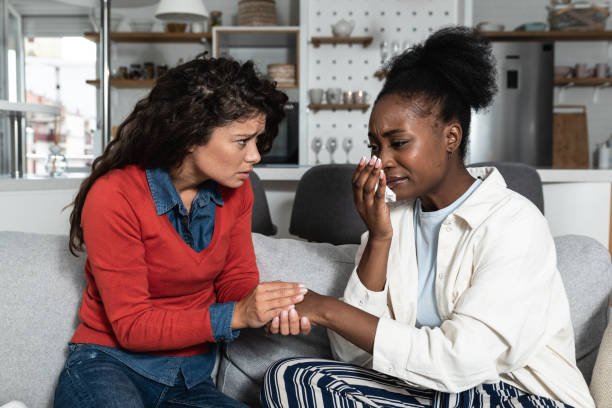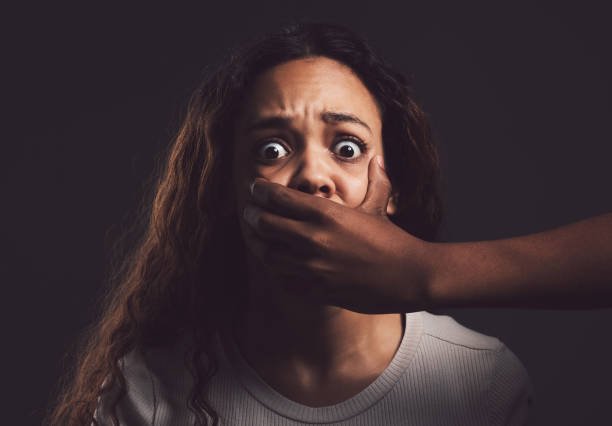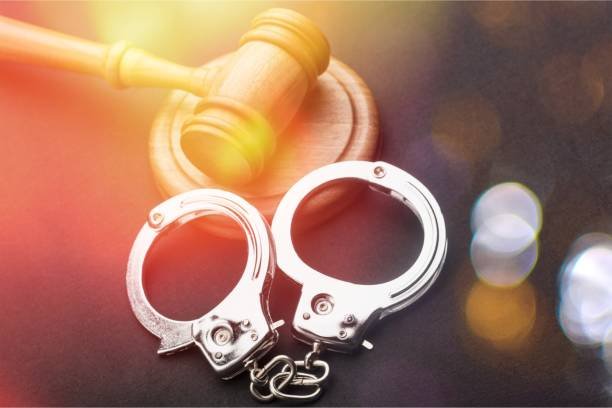On this page, we discuss how a person who has been through violent crime could deal with the resultant emotional effect of that experience.
Dealing with the Emotional Aftermath of Violent Crime: A Guide
Experiencing a violent crime can have profound emotional impacts. The following article discusses how an individual who has been a victim of such an event can address the resultant emotional effects.
How a person who has been through violent crime could deal with the emotional effect of that experience
A person who has been through a violent crime could deal with the emotional effect of that experience through various strategies. Firstly, it’s important to acknowledge and validate the feelings stemming from the traumatic event, as denial can hinder healing. Seeking professional help, such as therapy or counseling, can provide tools to manage emotional responses and mitigate symptoms of post-traumatic stress disorder (PTSD). Joining a support group can offer a safe space to share experiences, feelings, and coping mechanisms. Prioritizing self-care activities that promote physical and emotional wellbeing can be crucial in the healing process. Art therapy can offer a helpful outlet for expression when verbal communication feels inadequate. Leaning on a support system of trusted friends and family can offer emotional reassurance, while considering medication, under professional guidance, can help manage acute symptoms of anxiety or depression. Ultimately, patience and allowing oneself time to heal are critical, as recovery from such a traumatic event does not happen overnight.




1. Acknowledge and Validate Your Feelings
The first step towards healing is acknowledging and validating the feelings and emotions that emerge after such a traumatic experience. Feelings of fear, anger, sadness, guilt, or shame are all common and entirely normal responses to such a distressing event. Denying or minimizing these feelings can hinder the healing process.
2. Seek Professional Help
Therapists, counselors, and psychologists are trained to help individuals navigate their emotional responses after traumatic experiences. Cognitive-behavioral therapy (CBT), eye movement desensitization and reprocessing (EMDR), and other therapeutic approaches can provide tools to manage and process emotions, reduce symptoms of post-traumatic stress disorder (PTSD), and foster resilience.
3. Join a Support Group
Support groups consist of individuals who have gone through similar experiences. These groups can be a safe space to share feelings, fears, or frustrations. Hearing others’ experiences and coping mechanisms can provide comfort, reduce feelings of isolation, and promote healing.
4. Prioritize Self-Care
Following a traumatic event, self-care becomes more important than ever. Engaging in activities that promote physical wellbeing, like regular exercise and a balanced diet, can also improve emotional health. Mindfulness practices such as meditation, yoga, or deep breathing exercises can help manage anxiety and stress.
5. Use Art as Therapy
Art therapy allows individuals to express their emotions through creative outlets, which can be particularly beneficial when verbal communication may feel overwhelming or inadequate. Drawing, painting, writing, dancing, or playing music are all forms of expression that can aid in processing emotions.
6. Lean on Your Support System
Reach out to trusted friends and family members and allow them to provide emotional support and assistance. While it’s crucial to respect your boundaries and pace, isolating oneself can compound emotional distress.
7. Consider Medication if Needed
In some cases, medication can help manage acute symptoms of anxiety, depression, or PTSD. Consultation with a psychiatrist or a mental health professional is essential to explore this option.
8. Patience and Time
Healing from the emotional aftermath of a violent crime does not happen overnight. Be patient with yourself during this process, and give yourself permission to grieve and recover in your own time and way.
Experiencing violent crime is a deeply personal and challenging experience. The aftermath can be emotionally daunting, and everyone’s path to recovery will be unique. However, by validating feelings, seeking professional help, joining a support group, prioritizing self-care, using art as therapy, leaning on support systems, considering medication, and giving oneself time, the healing journey can be navigated with resilience and hope. It’s crucial to remember that seeking help is not a sign of weakness but a strength and an essential step towards recovery.




